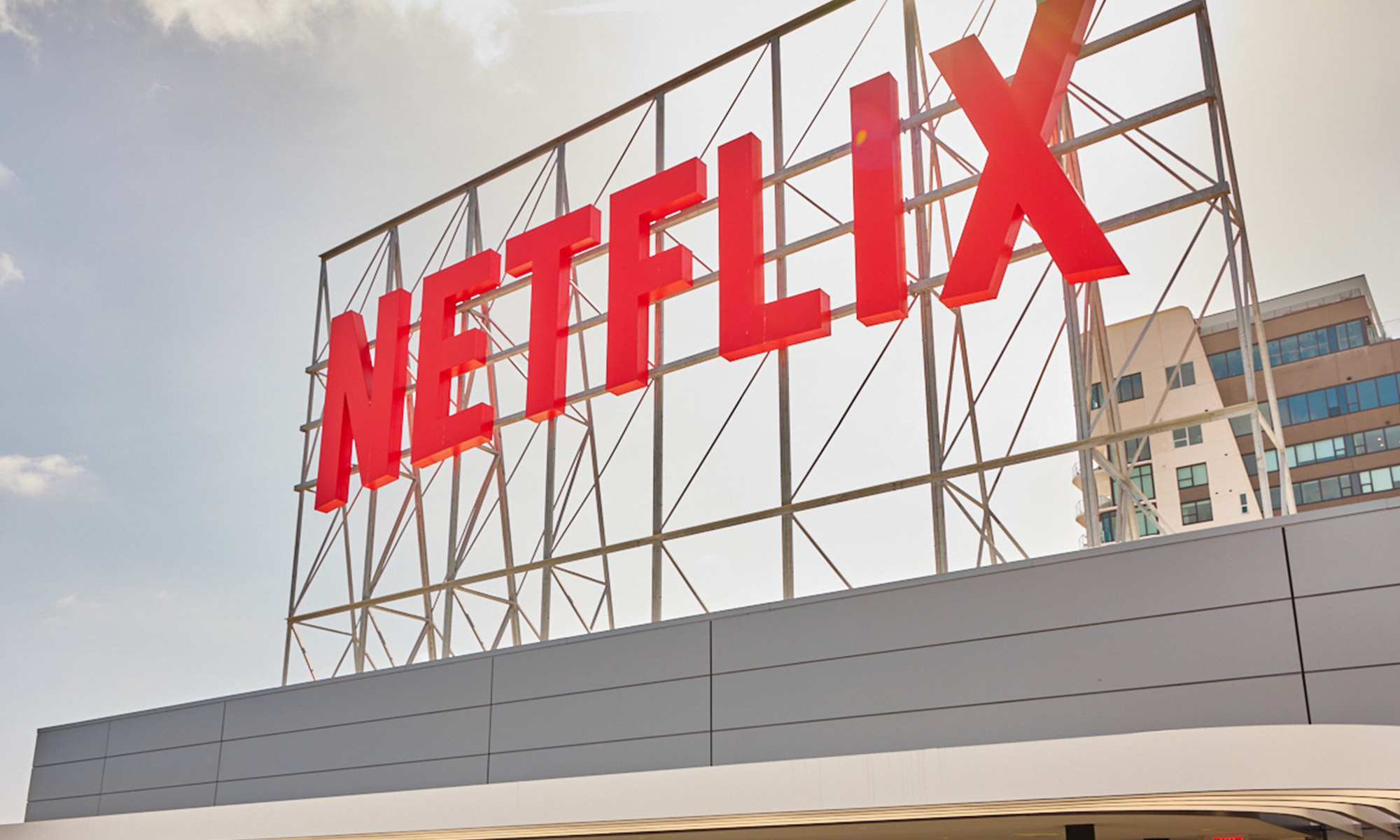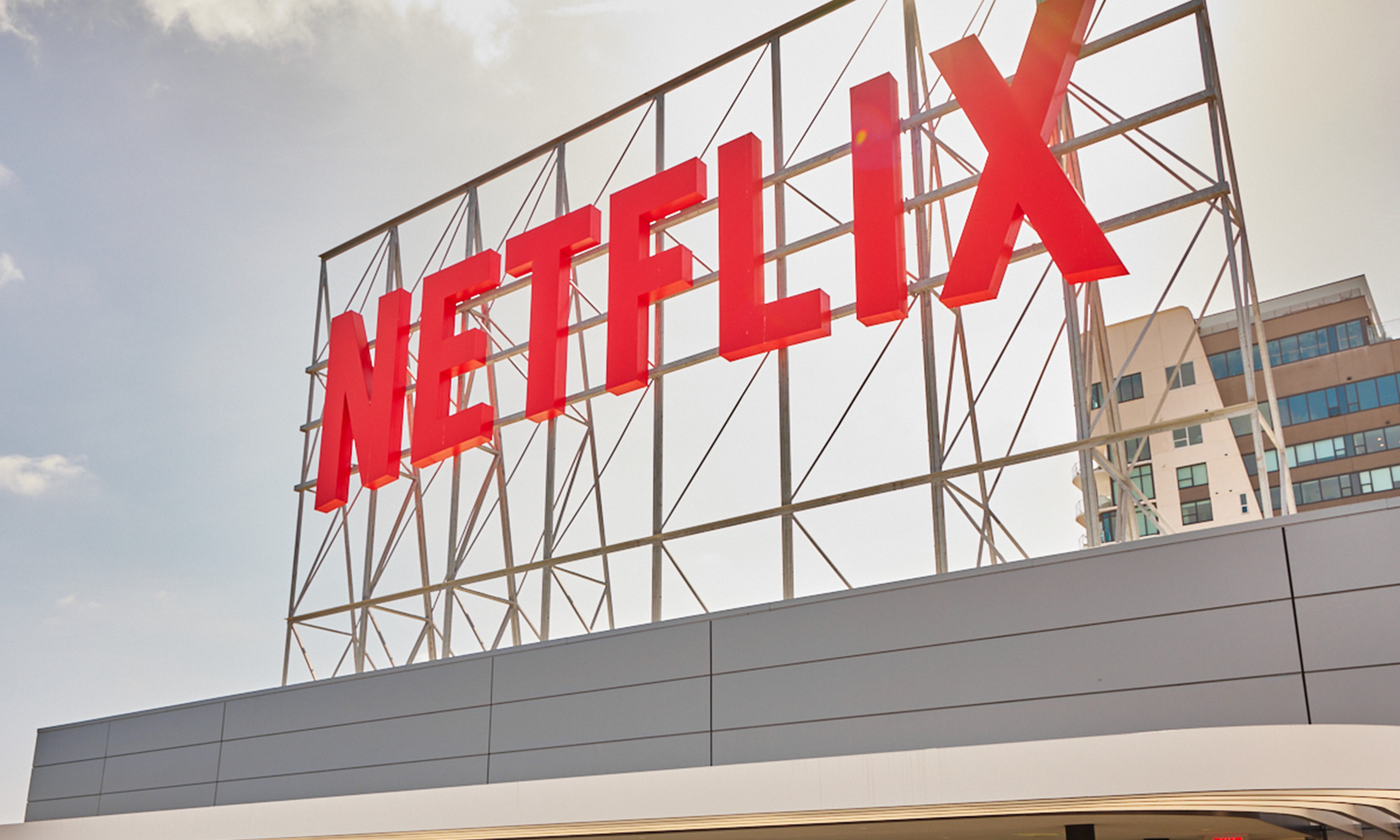Netflix (NFLX +1.44%) delighted investors earlier this year when it said it planned to expand around the world by the end of 2016. The company is already streaming in all of the Americas, and made a big land grab in Western Europe last fall, scooping up France, Germany, and a handful of smaller Euro countries. Earlier this year, it landed down under in Australia and New Zealand, and just last week, it announced its next major expansion into Italy, Spain, and Portugal, coming in October.
The three Mediterranean countries have a combined population of 110 million people, and a total of about 27 million broadband households, expanding the company's addressable market by more than 10%.

Netflix's programming will include older movies and television shows, as well as content including Narcos, a show about Pablo Escobar. In its bid to diversify internationally, the company also plans to release its first original Spanish-language program about a Mexican soccer team called Club de Cuervos. However, Netflix will not be initially streaming its two biggest hit shows, House of Cards and Orange is the New Black, because they have already been licensed to other providers.
Pricing for the new eurozone countries is yet to be determined. In France and Germany, a Netflix subscription goes for 7.99 Euros. Earlier this year, Netflix said it plans to launch in Japan this fall, as well.
Why international markets are the key
Though investors have focused on Netflix's domestic growth for much of the company's history, the Internet TV provider's future is more dependent on its international success. With more than 40 million subscribers in the United States, Netflix has already reached nearly half the addressable market at home, and its growth in the U.S. -- though still strong -- is reaching a plateau.
International markets, meanwhile, have much greater potential than the U.S. alone. Subscribers outside the U.S. already make up one-third of the company's total subscriber base, and there's good reason to believe that Netflix could be just as successful abroad as it is at home.
In Mexico, the red-lettered streamer has more than 70% market share in Internet TV. In the Netherlands, a county of just 15 million that Netflix entered less than two years ago, subscriptions have already reached 1 million. In the UK, it has surpassed 3 million sign-ups.
In the process of collecting all those passport stamps, Netflix has been racking up significant expenses, losing $65 million from the segment in its most recent quarter. But the company is making the right decision by expanding around the world as fast as it can. Getting into new markets first is more important than doing it profitably for now, as the rise of competition in the U.S., most recently from Showtime and HBO, shows how quickly the market can mature and consolidate.
Netflix's advantage is its brand name, content library, and increasingly productive factory of original shows and movies. The company eventually should recoup the costs of entering new countries if it can repeat the success it's had in countries like Mexico and the Netherlands. As Hollywood has shown, the international appetite for American entertainment is huge.
With its entry into Spain, Italy, and Portugal, Netflix will have tapped essentially all of Western Europe, and the number of developed countries remaining on its hit list are down to just a few with its expected arrival in Japan, as well. Of those, the major prizes are South Korea, Russia, and the big one -- China. According to reports, Netflix is exploring partnerships that would allow it to enter China.
With or without China, the company seems to be effectively executing its expansion plan, and on its way to driving profitabilty once 2017 arrives. By this time next year, Netflix will likely have grown its international subscriber base by 50%, up to 30 million, and expansion expenses should begin to ebb.
The company already has a contribution margin above 30% in the U.S. If the international segment can produce a profit close to that, the company's bottom line could explode, leading to profits of $1 billion or more.






